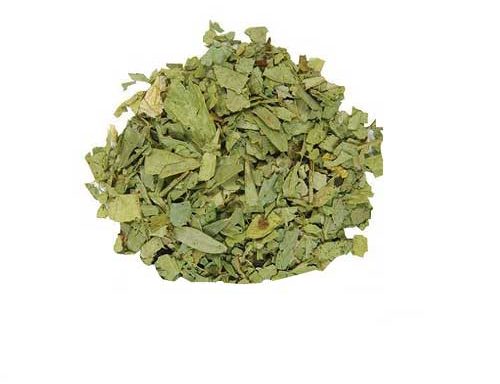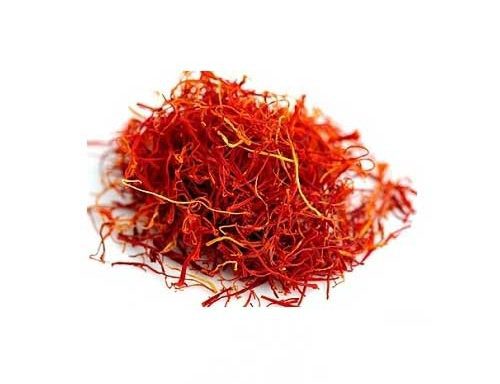Plant names
Scientific name: Zataria multiflora Boiss.
Generic names: Herba Zatariae
English names: Zataria, Zaatar, Shirazi thyme.
Farsi names: Avishan shirazi, Avishan, Afeshan, Avishm, Avishan barg pahn.
Arabic names: Zaetar.
Plant specification
Plant family: Lamiaceae.
Organs Used: Aerial parts.
Type of active substance: Zataria contains various compounds of which some are bioactive chemicals, particularly terpenes such as thymol and carvacrol. The plant also contains apigenin, luteolin, and 6-hydroxyluteolin glycosides, as well as di-, tri-, and tetramethoxylated.
Zataria health benefits: Zataria is used in Iranian traditional medicine for its antiseptic, analgesic, and carminative properties. The effects of Zataria essential oil on Escherichia coli, Pseudomonas aeruginosa, and Staphylococcus aureus have been described. Antibacterial effects of this plant on the Bacillus cereus, Staphylococcus aureus, and Escherichia coli, antifungal, analgesic, antioxidant, and immunoregulatory effects, its effect on gastrointestinal disorders, and anti-inflammatory effects have also been reported. The antispasmodic effect of the plant on different types of smooth muscle was also demonstrated.
Geographic Distribution: Zataria native to southwestern Asia (Iran, Afghanistan, Pakistan, Kashmir)



